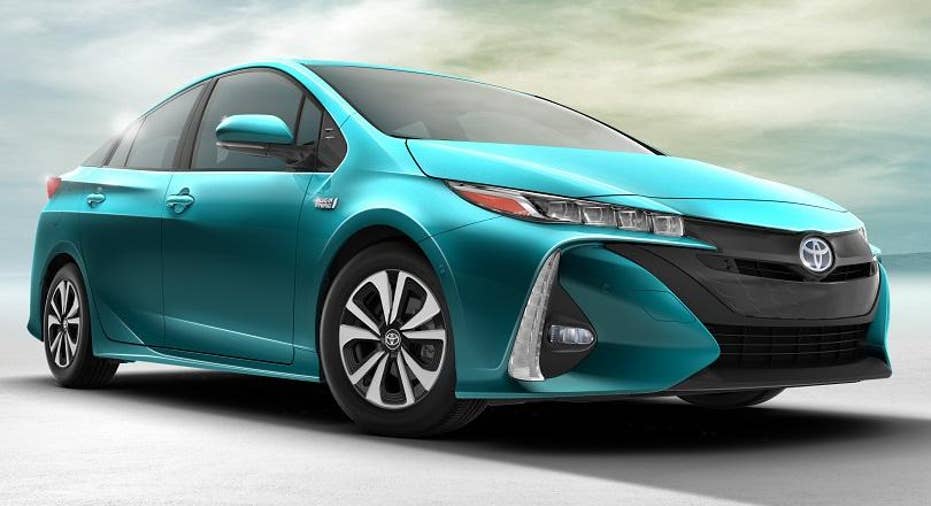Microsoft Eyes Driver's Seat With Toyota Car Tech Deal

Microsoft is ratcheting up its campaign to get its software into intelligent automobiles, announcing a new partnership with Toyota on Thursday that it hopes will be an easy blueprint for other automakers to follow.
The partnership comes in the form of an intellectual property licensing agreement, which sounds fairly mundane until you consider that Microsoft has a lot of intellectual property ripe for installation in connected cars, from Cortana to Azure.
The partnership includes "broad coverage for connected car technologies," according to a Microsoft press release. It will likely incorporate everything from sensors to infotainment to the Azure cloud computing platform, which already powers the data centers Toyota uses in its self-driving car research. Toyota is the first partner in Microsoft's new auto-licensing program, and Redmond is undoubtedly courting other automakers as well.
While automatic parking and cars that can read your calendar and plan traffic-avoiding routes are nice, cloud platforms are crucial to self-driving research because they can process large amounts of data more quickly than the computers installed in the autonomous prototype vehicles that are already roaming public streets. Onboard computers are getting ever more powerful CPUs and GPUs, thanks to new offerings from companies like Nvidia, but they can't match the ability of the cloud to support the advanced neural networks and other artificial intelligence research necessary in the early stages of self-driving research.
"The connected car represents an enormous opportunity for the auto industry, and at the core it's a software challenge," Peggy Johnson, executive vice president of business development at Microsoft, said in a statement. "Our mission is to empower car makers with technology that allows them to focus on building even better driving experiences for their customers."
Microsoft, of course, isn't alone in that mission, since Amazon, Google, and other companies with cloud infrastructure can offer largely the same thing. And in Google's case, it already has years of experience testing proprietary technology on cars themselves, to the apparent envy of other tech companies like Uber. Even when it comes to infotainment, Microsoft had a head start with its role in powering the Ford Sync platform, but has recently lost significant ground to Apple's CarPlay and Google's Android Auto.
So Redmond is embarking on a campaign to position its software as the go-to solution for connected cars. While the company's existing relationship with Toyota makes the Japanese giant an obvious first choice, nearly every major automaker is eyeing self-driving and intelligent cars to some extent, so the road ahead is full of opportunity.
This article originally appeared on PCMag.com.



















